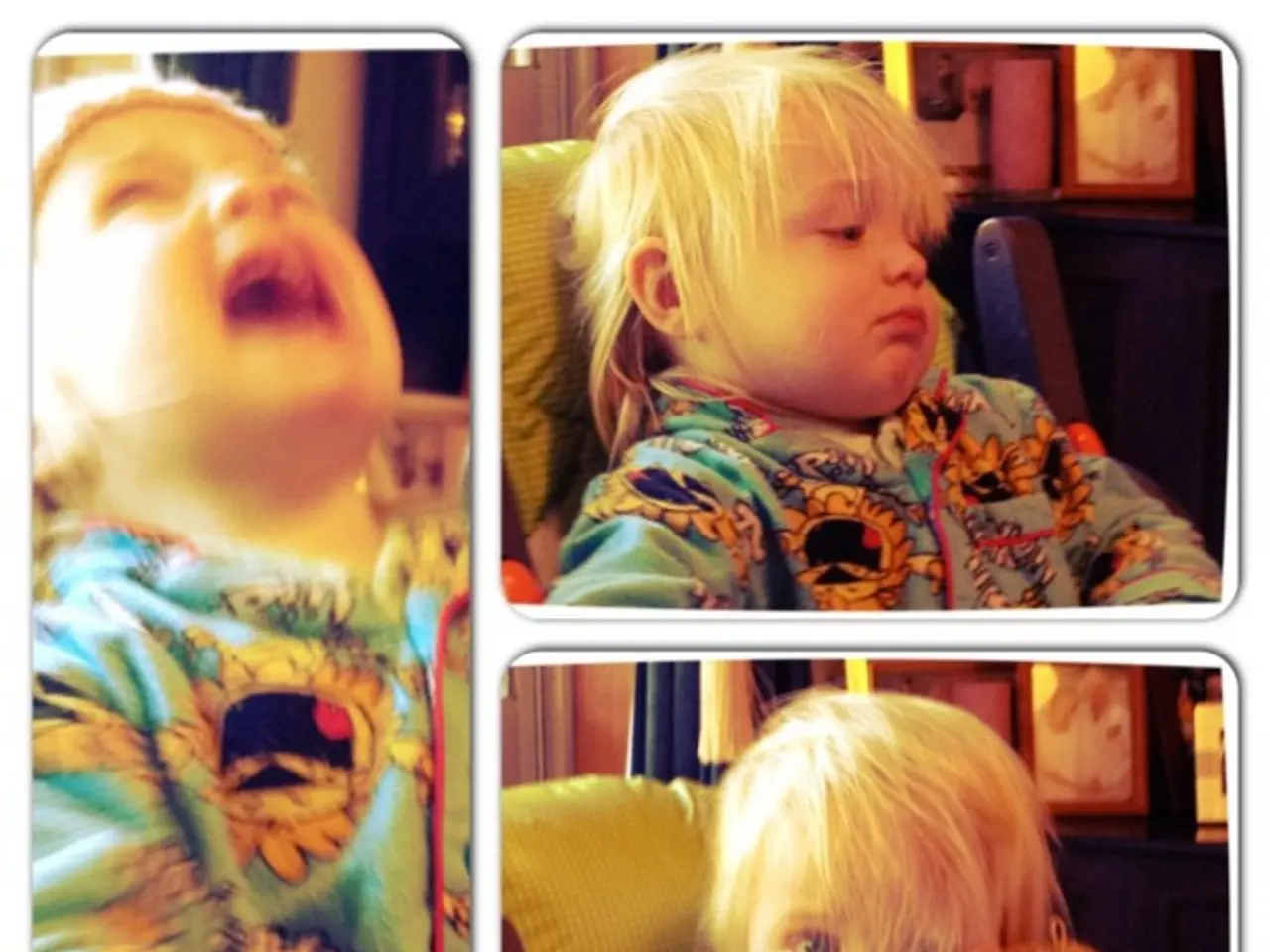Explore the Innermost Realms of Your Creative Selfhood
In the realm of emotional development and mental health, a concept known as the inner child holds significant weight. This part of an individual's psyche, as explained by Dr. Susan Albers, PsyD, retains the emotional experiences, needs, and vulnerabilities from childhood, shaping how we relate to ourselves and others throughout life.
The inner child's beliefs and feelings about experiences during childhood tend to define the internalized belief system carried into adulthood. Unresolved childhood trauma within the inner child can manifest in various ways, such as anxiety, trust issues, chronic guilt, fear of abandonment or rejection, feelings of emotional disconnection or emptiness, and the development of insecure attachment styles. These unresolved wounds can skew one’s self-identity and sense of worth, influencing mental health outcomes such as depression, anxiety, or chronic stress.
One example of such trauma is when a critical parent's words about a person's weight are internalized, leading to feelings of unlovability, not being thin enough, or not being good enough. These ingrained beliefs can affect a person's identity, self-image, and behaviours, including food choices.
Another manifestation of a wounded inner child is the reenactment of childhood relational patterns, where adults may tolerate mistreatment or recreate dynamics where they feel powerless or victimized. These unresolved wounds can also lead to the development of unhealthy coping mechanisms, people-pleasing activities, post-traumatic stress disorder (PTSD), addiction, depression, and other mental health issues.
Healing the inner child is often a crucial step in recovering from eating disorders and building a healthier relationship with oneself. It can also be crucial in managing depression, anxiety, and other mental health issues. The process involves "parenting" the inner child with affirmation, unconditional love, and the permission to meet one’s own emotional needs. This healing can be facilitated through therapy or spiritual practices that restore a healthier identity and emotional regulation.
It's important to note that the inner child manifests in the present day when current experiences trigger unprocessed feelings from the past. If you react disproportionately to a situation, it could be a sign that your inner child is responding, not your learned, adult wisdom. For instance, if you feel extreme reactions like anger, sadness, or anxiety due to being left on read and not getting a text back, these feelings of neglect may stem from unresolved childhood experiences.
In summary, understanding and healing the inner child is key to emotional healing and healthier adult functioning. The inner child holds the emotional imprints of childhood, and unresolved trauma there can deeply affect an individual's present-day mental health, relationships, and overall wellbeing. Addressing these unmet childhood needs is a significant step towards emotional healing and a healthier adult life.
[1] Albers, S. (2015). Eating mindfully: How to end gut wandering, binge eating, and sabotage. New Harbinger Publications. [2] Linehan, M. M. (2015). DBT skills training manual, second edition: teaching clients essential mindfulness, emotional regulation, and distress tolerance skills. Guilford Publications. [3] Schwartz, R. C. (2012). Internal family systems therapy: The healing power of emotional parts integration. Norton. [4] Van der Kolk, B. A. (2014). The body keeps the score: Brain, mind, and body in the healing of trauma. Penguin Books. [5] Williams, J. M. G., & Lynch, T. R. (2011). The Oxford handbook of positive psychology. Oxford University Press.
- In the field of mental health and personal growth, the healing of the inner child is crucial, as it can help recover from eating disorders and foster a healthier relationship with oneself. [Albers, 2015]
- Moreover, addressing the unresolved trauma of the inner child is essential in managing depression, anxiety, and other mental health issues. [Linehan, 2015]
- The inner child, which holds the emotional imprints of childhood experiences, can also significantly impact relationships and overall well-being. [Van der Kolk, 2014]
- Unhealthy coping mechanisms, addiction, and various mental health issues can be traced back to a wounded inner child, as it retains the emotional experiences from childhood. [Schwartz, 2012]
- In the realm of self-development and education, understanding the concept of the inner child can lead to emotional healing, healthier adult functioning, and better relationships, thus contributing to one's overall health-and-wellness and mental-health. [Williams & Lynch, 2011]




